North American Rhodiola Root
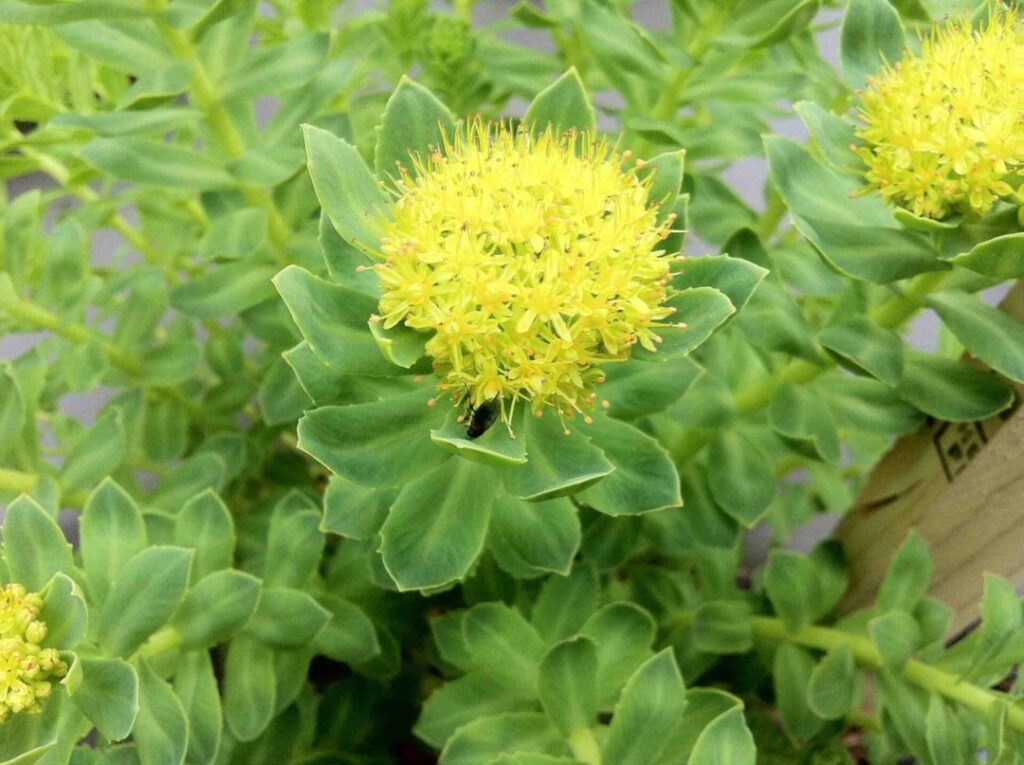
Rhodiola (Rhodiola rosea), commonly known as Golden Root or Arctic Root, is a resilient herb that thrives in the cold, mountainous regions of North America. Renowned for its adaptogenic properties, Rhodiola Root has been used for centuries in traditional medicine to enhance physical endurance, reduce stress, and promote mental clarity. The root of the plant is the most potent part and is typically dried and used in various herbal preparations.
1. Size:
- The root of North American Rhodiola is typically thick and fleshy, growing to about 2 to 6 inches (5 to 15 cm) in length. The plant itself can reach up to 12 inches (30 cm) in height, with a spread of about 18 inches (45 cm).
2. Color:
- When freshly harvested, Rhodiola Root has a golden-brown exterior, with a pale yellow to white interior. Upon drying, the root takes on a darker brown hue.
3. Texture:
- The dried Rhodiola Root has a fibrous and woody texture, making it suitable for grinding into powder or slicing for use in tinctures and teas.
4. Fragrance:
- Rhodiola Root has a mildly sweet, earthy aroma with a hint of floral notes. The scent is subtle but distinct, often described as refreshing and invigorating.
Uses:
- Rhodiola Root is widely recognized for its adaptogenic properties, helping the body to resist physical, chemical, and environmental stressors. It is commonly used in herbal medicine to support mental clarity, reduce fatigue, and enhance overall resilience.
- Traditionally, Rhodiola has been used by athletes and laborers to increase stamina and physical endurance. It is often incorporated into energy supplements and herbal tonics.
- Rhodiola is believed to improve cognitive function, including memory, concentration, and focus. It is used to combat mental fatigue and enhance productivity.
- Rhodiola has been utilized in traditional medicine to help balance mood and reduce symptoms of anxiety and depression. It is often included in formulations aimed at promoting emotional well-being.
- The herb is also valued for its immune-boosting properties, helping to strengthen the body’s natural defenses against illness.
6. Habitat:
- North American Rhodiola grows in high-altitude, cold, and rocky environments, particularly in the mountainous regions of Alaska, Canada, and the northern United States. It thrives in well-drained soil and full sun, often found in alpine tundra and along rocky slopes.
7. Cultural and Spiritual Significance:
- Rhodiola has long been revered in various cultures for its ability to thrive in harsh conditions, symbolizing resilience, strength, and endurance.
- In Indigenous North American cultures, Rhodiola Root has been used in ceremonial practices to enhance spiritual and physical stamina. It is also believed to possess protective qualities, warding off negative energy and promoting overall well-being.
Spiritual Properties
- Grounding and Centering: Rhodiola Root is often associated with grounding energy, helping individuals to stay centered and focused in the face of adversity. It is used in spiritual practices to foster inner strength and resilience.
- Emotional Balance: The herb is believed to promote emotional balance and harmony, supporting individuals in navigating life’s challenges with grace and composure.
Medicinal Properties
- Stress Reduction: Rhodiola is well-known for its ability to reduce stress and anxiety by regulating the body’s cortisol levels. It helps in maintaining a calm and balanced state of mind.
- Physical Endurance: The herb is traditionally used to enhance physical stamina and endurance, making it popular among athletes and those engaged in strenuous physical activities.
- Mental Clarity: Rhodiola is believed to improve cognitive functions, including memory, concentration, and focus, making it a valuable herb for enhancing mental clarity and productivity.
- Immune Support: Rhodiola’s immune-boosting properties help to strengthen the body’s defenses, particularly during times of physical and mental stress.
Allergic Reactions
North American Rhodiola Root is generally considered safe for consumption. However, some individuals may experience allergic reactions.
- Skin Sensitivity: Some users may experience skin irritation or rashes when handling Rhodiola Root, particularly if they have sensitive skin. It is advisable to wear gloves when handling the dried root.
- Respiratory Reactions: Inhaling the powdered root may cause respiratory discomfort in sensitive individuals, leading to coughing or shortness of breath.
- Gastrointestinal Issues: Some individuals may experience digestive discomfort, such as nausea or upset stomach, especially when taking Rhodiola in large quantities. It is recommended to start with a low dose and gradually increase as needed.
- Insomnia: Due to its stimulating properties, Rhodiola may cause insomnia or restlessness in some individuals, particularly if taken late in the day. It is advisable to consume Rhodiola earlier in the day to avoid sleep disturbances.
- Headache: Some users may experience headaches as a side effect of consuming Rhodiola, particularly if they are sensitive to stimulants. Reducing the dosage or discontinuing use may alleviate this symptom.
- Dizziness: In rare cases, individuals may experience dizziness or lightheadedness after taking Rhodiola. This side effect is usually temporary and may subside with reduced dosage or cessation of use.
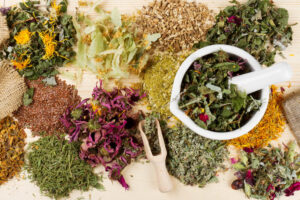
Herbal Smoking Blend
Herbal Smoking Blend Herbal Smoking Blends are a mixture of various herbs, flowers, and botanicals that are combined to create a smokeable product as an
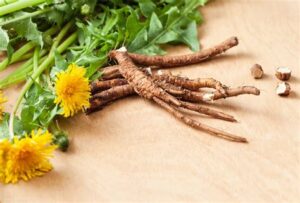
Dandelion Root
Dandelion Root Dandelion Root, derived from the Taraxacum officinale plant, is a well-known herb in traditional medicine and herbal remedies. While often regarded as a
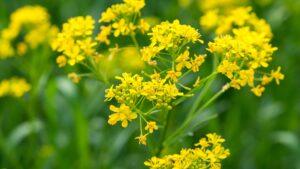
Isatis
Isatis Isatis, commonly known as Woad (Isatis tinctoria), is a biennial herb that has been historically significant due to its use as a dye plant.
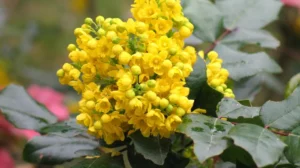
Oregon Grape Root
Oregon Grape Root Oregon Grape Root (Mahonia aquifolium) is a perennial evergreen shrub native to the Pacific Northwest region of North America. It is known
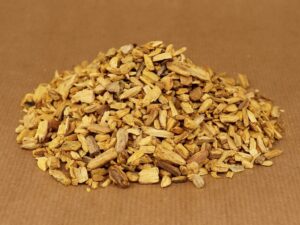
Palo Santo Chips
Palo Santo Chips Palo Santo, also known as "Holy Wood," is a sacred wood revered for its aromatic properties and spiritual significance. It is commonly
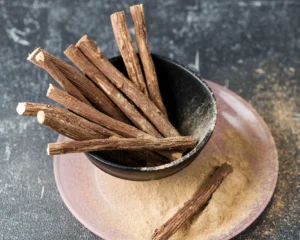
Licorice Root
Licorice Root Licorice Root is a perennial herb renowned for its sweet flavor and numerous health benefits. It has been used in traditional medicine for